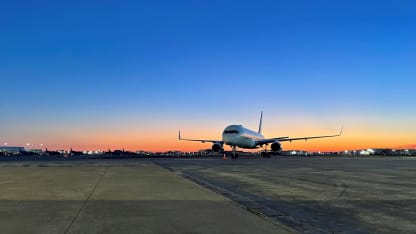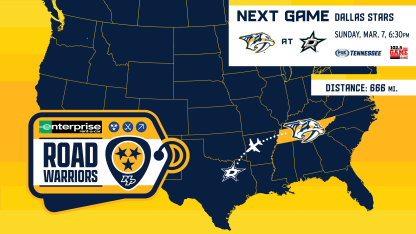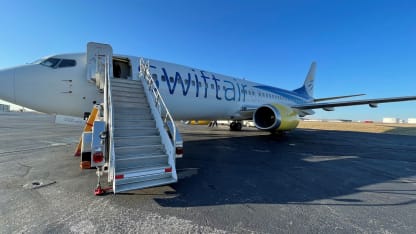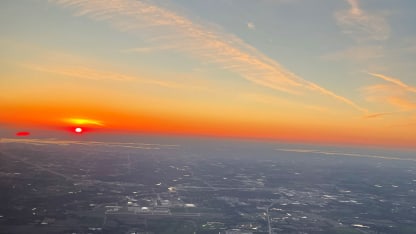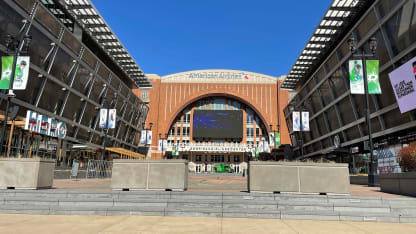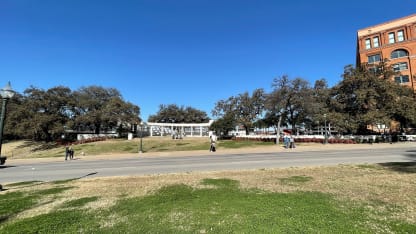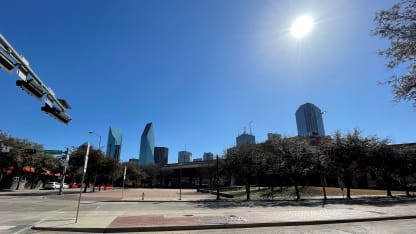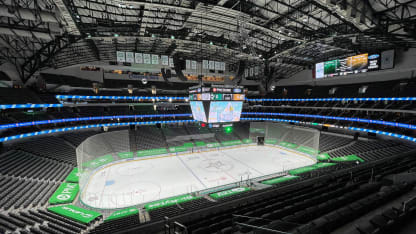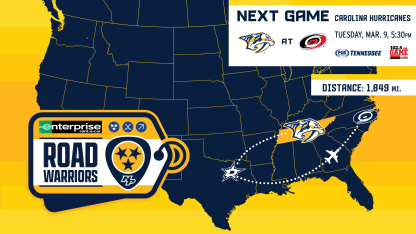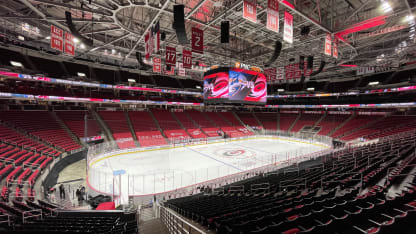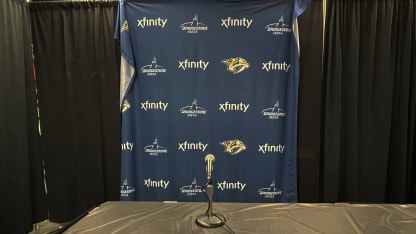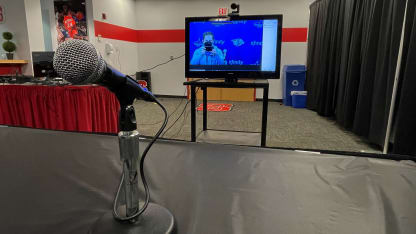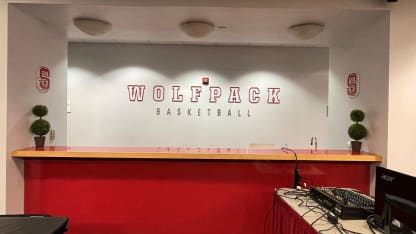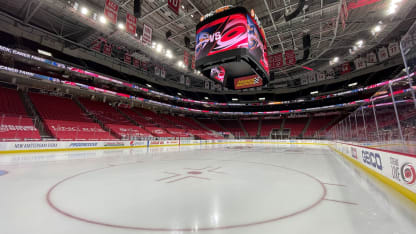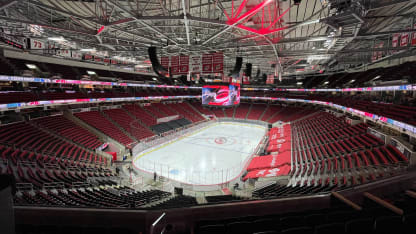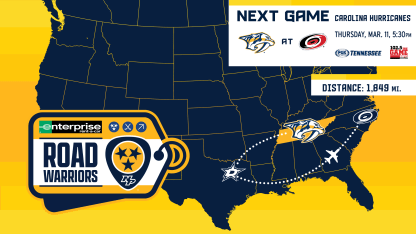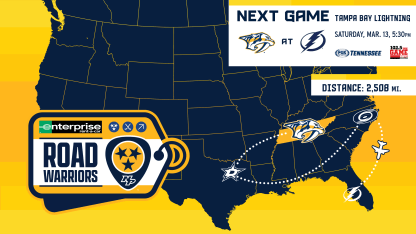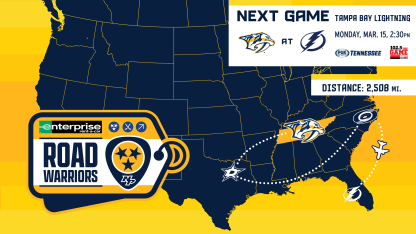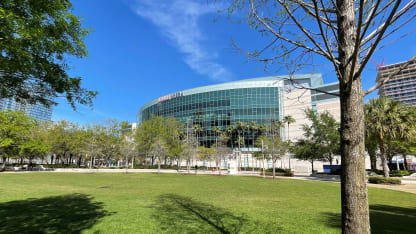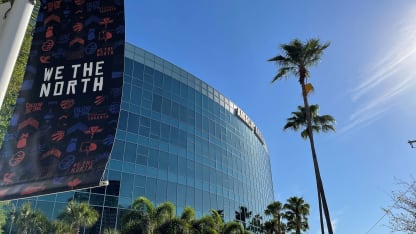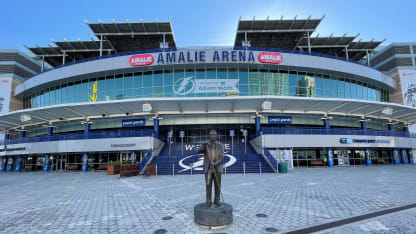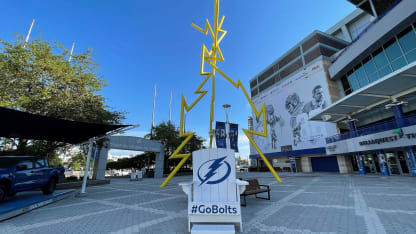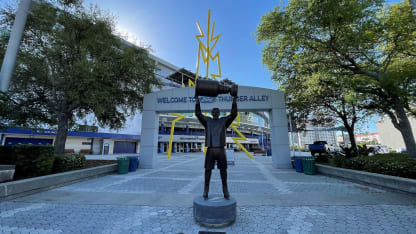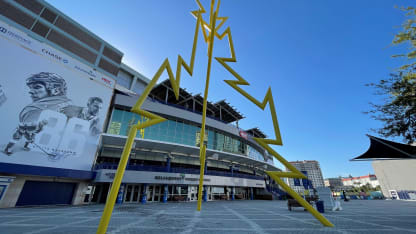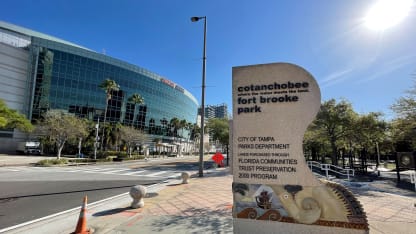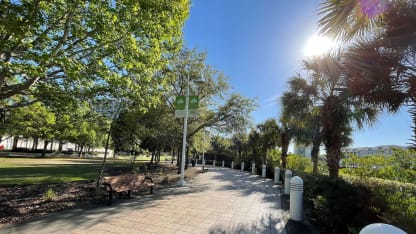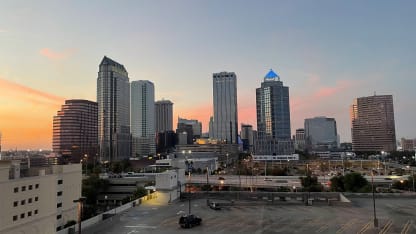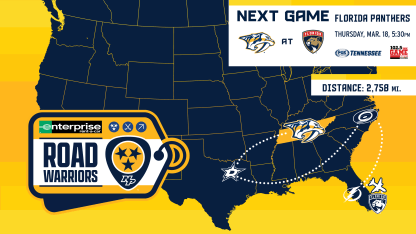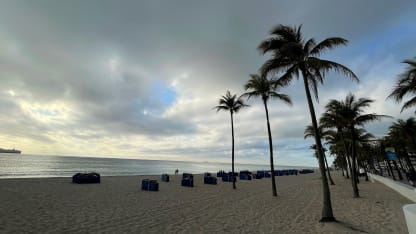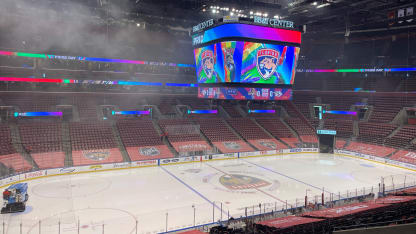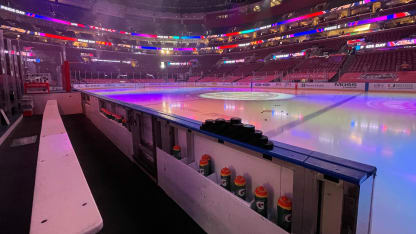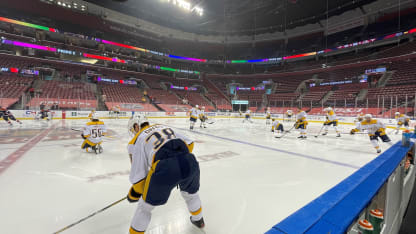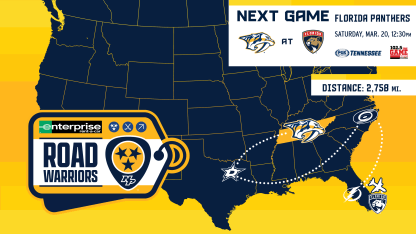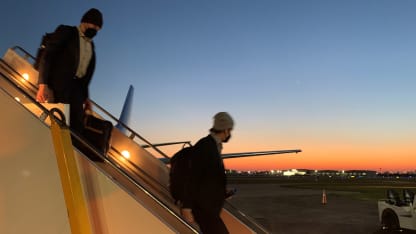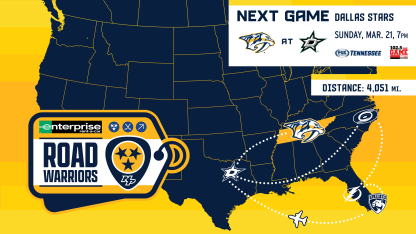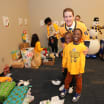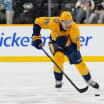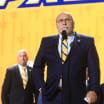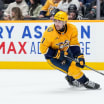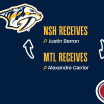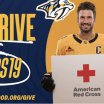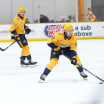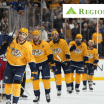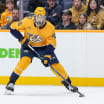As I write this on March 11, 2021, it's rather incredible to think about where we all were and how we all reacted one year ago today. In some ways, that span of about 24 hours in Toronto feels like just a few months ago - in other instances, it seems like a decade has passed.
The Predators had played the night before in Montreal and won against the Canadians to push their winning streak to three games, a solid stretch for a team that looked as though they were rounding into form at just the right time and were going to make a push for a Wild Card spot in the postseason.
The Preds did not practice that day in Toronto, and while there was some hesitancy beginning to arise about what the next few days and weeks might hold with the coronavirus beginning to dominate the news cycle, I don't know that there was a lot of doubt that we would at least be able to complete the regular season over the next month.
I went to dinner that night in Toronto with Preds Associate Producer on the broadcast side - and my good friend, Jake Hartzfeld - as we often do together on the road. In our jobs, the smartphones and social media are never far away, and it was during that meal we found out the Columbus Blue Jackets - Nashville's scheduled opponent on that coming Saturday night - had announced they planned to play the game at Nationwide Arena without fans, an idea that seemed almost unfathomable at the time.
We then spent the rest of our dinner discussing what that would look like, sound like, feel like, and how we could cover such a monumental event. Little did we know…
After dinner, we walked a few blocks back to the hotel in a major Canadian city full of people, no masks, no social distancing, no idea of what was to come.
But in just a few hours, everything changed.
That night, the NBA announced they were indefinitely suspending their season, which then made it clear for us something would be coming from the NHL as well. Actor Tom Hanks also announced that night he and his wife had contracted the virus, and the announcement was made the U.S. was planning to close its borders from all international flights within a matter of days.
I won't lie, I mildly panicked and ordered some food and cleaning supplies online that night. That seems a bit silly now, but considering I hadn't prepared for a pandemic before, I went for it.
The next day, instead of playing the Maple Leafs in Toronto, the NHL announced they were indefinitely suspending the 2019-20 season. Our entire traveling party jumped on a bus later in the afternoon, and instead of heading to Scotiabank Arena, we drove to the airport, got on a plane and flew back to Nashville without any indication of what was to come.
One year later, we are wearing masks, social distancing and following a slew of protocols all designed to keep us safe and healthy as we try to navigate our way through an NHL season played during a pandemic.
Honestly, the fact we're playing at all is remarkable, and the men and women behind the scenes who all worked so hard to make this happen - and continue to do so - deserve some heartfelt recognition. Of course, so do the healthcare workers, including those who administer our COVID-19 tests every day, who have been at this for at least a year in most cases.
To everyone, we say thank you. Because of the efforts of so many, players get to play, coaches get to coach, and people like me continue to get to work in the sport that we all love, and we are certainly grateful.
With that anniversary in mind, our road trip continues here in North Carolina, and one of the aspects of my job that has changed most dramatically over the past year is how we conduct interviews with players and coaches.
We've all become used to seeing someone's face on our computer screen as opposed to an in-person interaction, and since that night in Montreal, that's how every media availability with a Predators player, coach or staff member has occurred.
